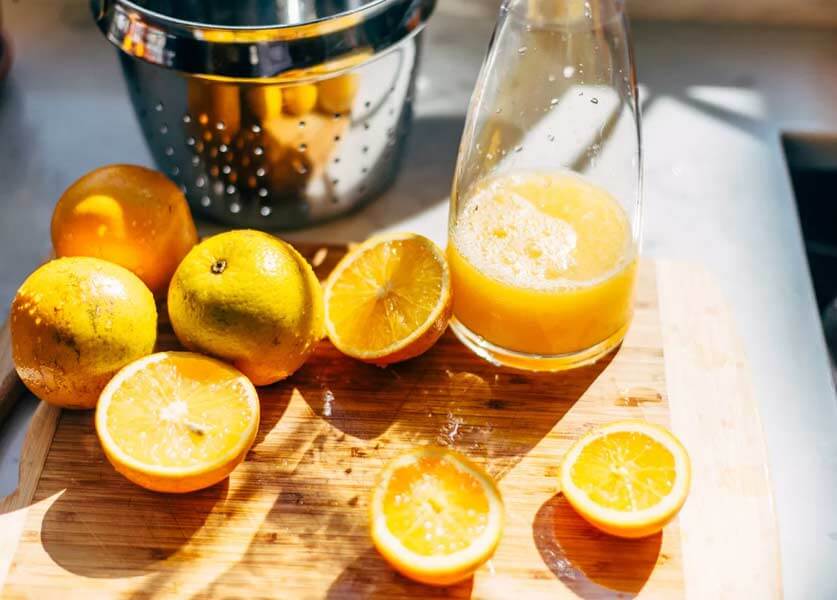LIFESTYLE
Managing Tea Consumption for Optimal Iron Absorption
Tiphaine Honnet - Madame Figaro
15-January-2024

The tannins contained in tea can interfere with the iron in food and limit its absorption by the body. As explained by an English dietitian nutritionist in Stylist magazine, there are better ways to consume this hot beverage.
For a morning wake-up or an afternoon boost, some people find the necessary dose of energy in a steaming cup of tea at the end of a meal, making it a daily ritual. As revitalizing as it is, this habit can be counterproductive. Indeed, this beverage cannot be paired with all foods, especially those rich in iron. The tannins in tea have the unique property of inhibiting the absorption of this essential trace element, which is vital for the oxygenation of blood and our cells.
One hour before or after a meal
As Dietitian Nutritionist Nichola Ludlam-Raine explains, the tannins in black or green tea are rich in polyphenols that bind to the iron present in certain foods and inhibit its absorption in the digestive system. More specifically, polyphenols interact more with non-heme iron sources of plant origin (legumes, tofu, pumpkin seeds, spirulina) and to a lesser extent with the absorption of heme iron of animal origin (beef, pork, lamb, fish, and seafood). Therefore, for people who are anemic (iron deficient) or have a low level of ferritin (a protein that stores iron), it is crucial to monitor their tea consumption.
To limit this impact, there's no need to completely give up your favorite drink, reassures Nichola Ludlam-Raine. It's simply a matter of choosing the right time to enjoy it. "It is generally recommended to wait at least one hour after a meal rich in iron or after taking an iron supplement before drinking tea. Similarly, try to drink tea at least one hour before your next meal. This delay ensures that the tannins in the tea do not interfere with the absorption of iron in your food," she summarizes.
This advice is not unfounded. The nutritionist bases her recommendations on data from a review of 35 British studies, conducted in 2004 by researchers from the Department of Nutrition and Dietetics at King's College London. This research found that individuals prone to iron deficiencies were more affected by consuming tea during meals than those without any risk of anemia. In this sense, the scientists advised in their conclusions that iron-deficient individuals should avoid tea during meals and wait at least one hour after eating before drinking their hot beverage, to allow for maximum nutrient absorption.
As a reminder, the daily iron needs for an adult are 1 mg for men and 2 mg for women between puberty and menopause. For the latter, this rate is higher due to menstruation. While a balanced diet provides iron to the body, between 10 to 15 mg per day, only 5 to 10% are absorbed by the body. These intakes can vary depending on sex, age, and physiological status. Hence the need to watch for signs of deficiency (paleness, fatigue, shortness of breath on exertion, headaches, dry skin and hair, brittle nails) and to talk to a health professional for a blood test and possibly a supplement."
Recommended

Hiba El-Khatib Badreddine Opens 2026 with a Groundbreaking Exhibition at Rebirth Beirut
16-January-2026

Celebrate the New Year at Novikov Abu Dhabi
29-December-2025

The 25th Edition of DIAFA Honors the Biggest Names
1-December-2025
Most read
-
1
How to Style Your UGGs Like a Celebrity
-
2
“MAJESTY”: Ziad Nakad’s Spring–Summer 2026 Haute Couture collection At Château de Vaux-le-Vicomte
-
3
Dragon Diffusion Woven Bags at All ABC Department Stores
-
4
Elie Saab Haute Couture Spring/Summer 2026
-
5
Dressed in Chanel, Margot Robbie and Jacob Elordi Light up Paris Premiere of Wuthering Heights





